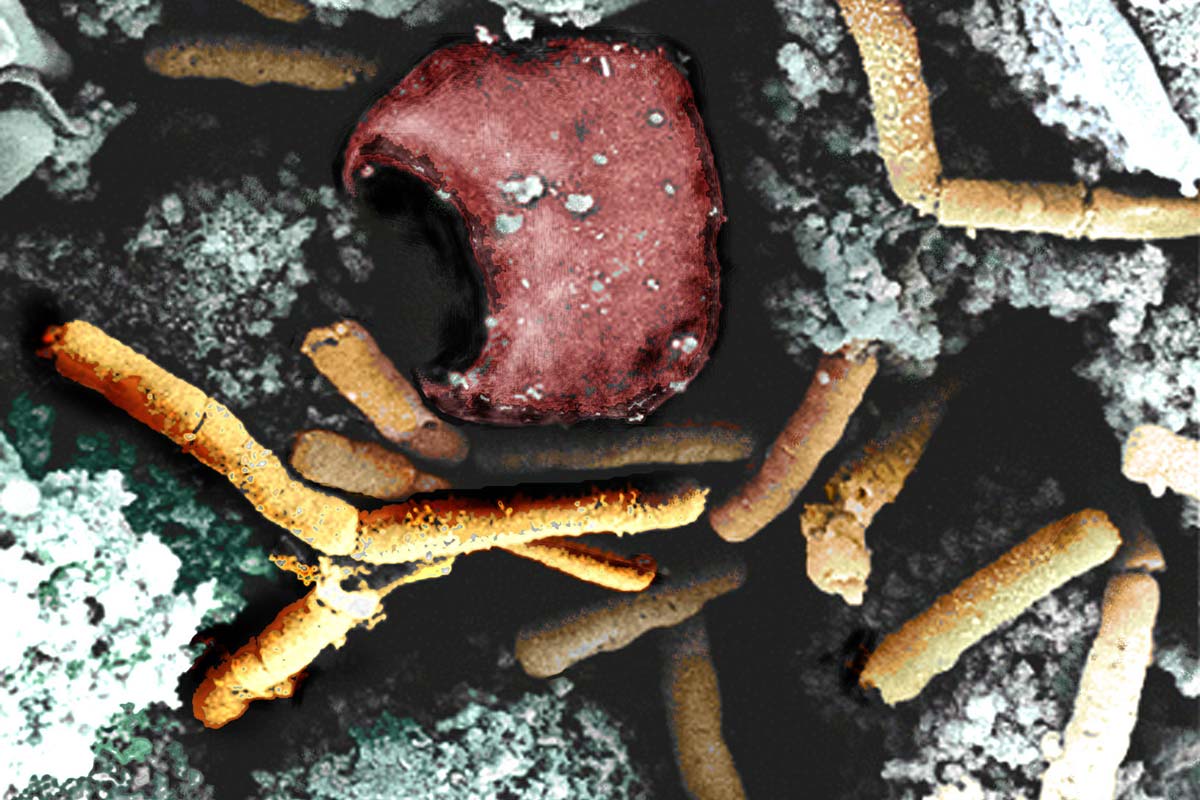Anthrax is a serious infectious disease caused by the bacterium Bacillus anthracis. It mainly affects wild and domestic animals like cattle, sheep, goats, camels, and antelopes. The spores of this bacterium can live in soil for many years. Humans can get infected through contact with these animals or their products.
You can ask your own question to a licensed healthcare provider here for free. It may take up to 7 days to get an answer. If you want a consultation in minutes, book now with Hope+ our premium and best health consultation service in Uganda.
How Do People Get Anthrax?
- Handling infected animals or animal products
- Breathing in spores from contaminated animal products
- Eating undercooked meat from infected animals
Symptoms of Anthrax
Symptoms appear within about 7 days and differ depending on how the infection was acquired:
| Type | Symptoms | Severity/Outcome |
|---|---|---|
| Cutaneous (Skin) | Starts as a raised itchy bump like an insect bite; turns into a painless ulcer with a black dead tissue centre (eschar); swollen nearby lymph glands | About 95% of cases; untreated cases can be fatal in 20% of patients |
| Inhalation | Starts like a common cold, then progresses to severe breathing difficulty and shock | Usually fatal without prompt treatment |
| Gastrointestinal | Nausea, loss of appetite, vomiting, fever followed by abdominal pain, bloody vomiting and severe diarrhoea | High fatality rate, between 25% and 60% |
How Is Anthrax Diagnosed?
- Isolation of Bacillus anthracis from blood, skin lesions, or respiratory secretions
- Blood tests to measure specific antibodies
Treatment of Anthrax
- Cutaneous anthrax is treated for 7–10 days
- Ciprofloxacin 500 mg is given every 12 hours (first choice)
- Alternatives include doxycycline 100 mg every 12 hours or amoxicillin 1 g every 8 hours
Prevention Measures
- Proper health education on anthrax risks
- Safe disposal of dead animals by burying; burning is avoided to prevent spore spread
- Avoid skinning or handling dead animals to reduce spore formation
- Avoid eating meat from dead or sick animals
- Restrict movement of animals and animal products from infected areas
- Mass vaccination of animals in areas where anthrax is common
- Human vaccination for people at high risk, such as laboratory workers and those handling infected animal products


